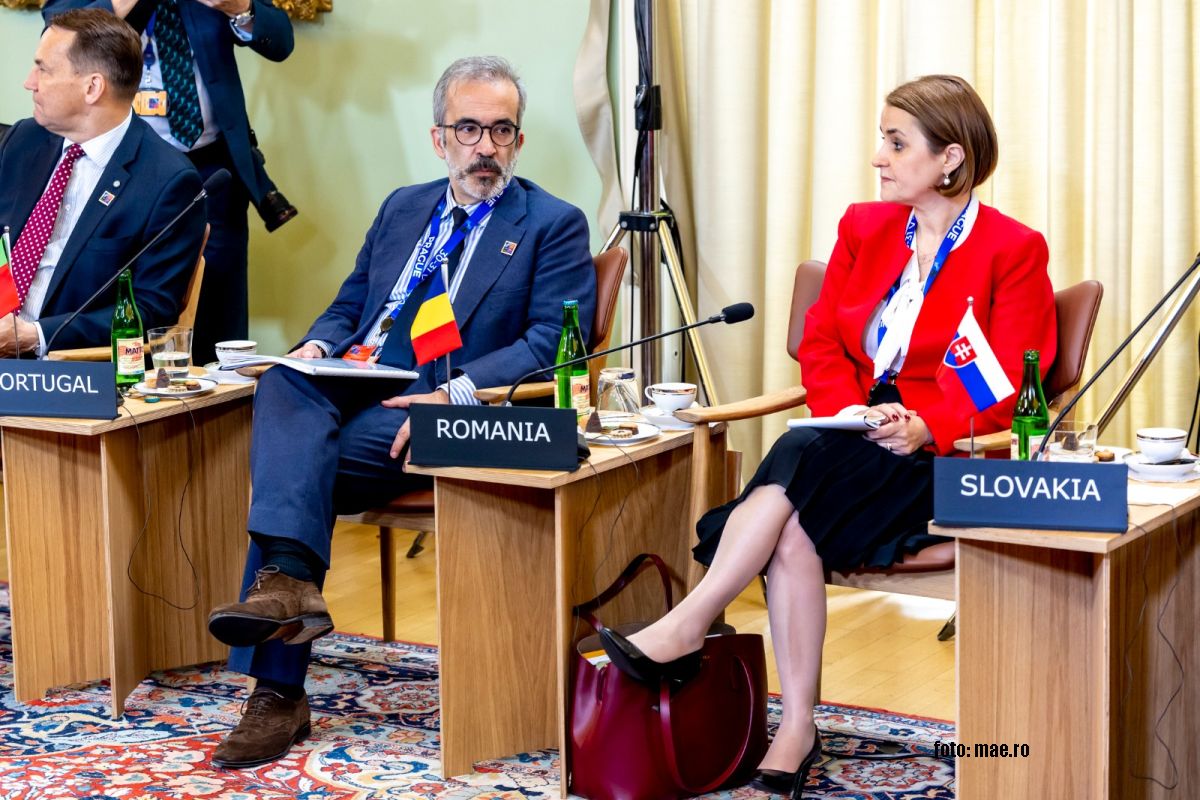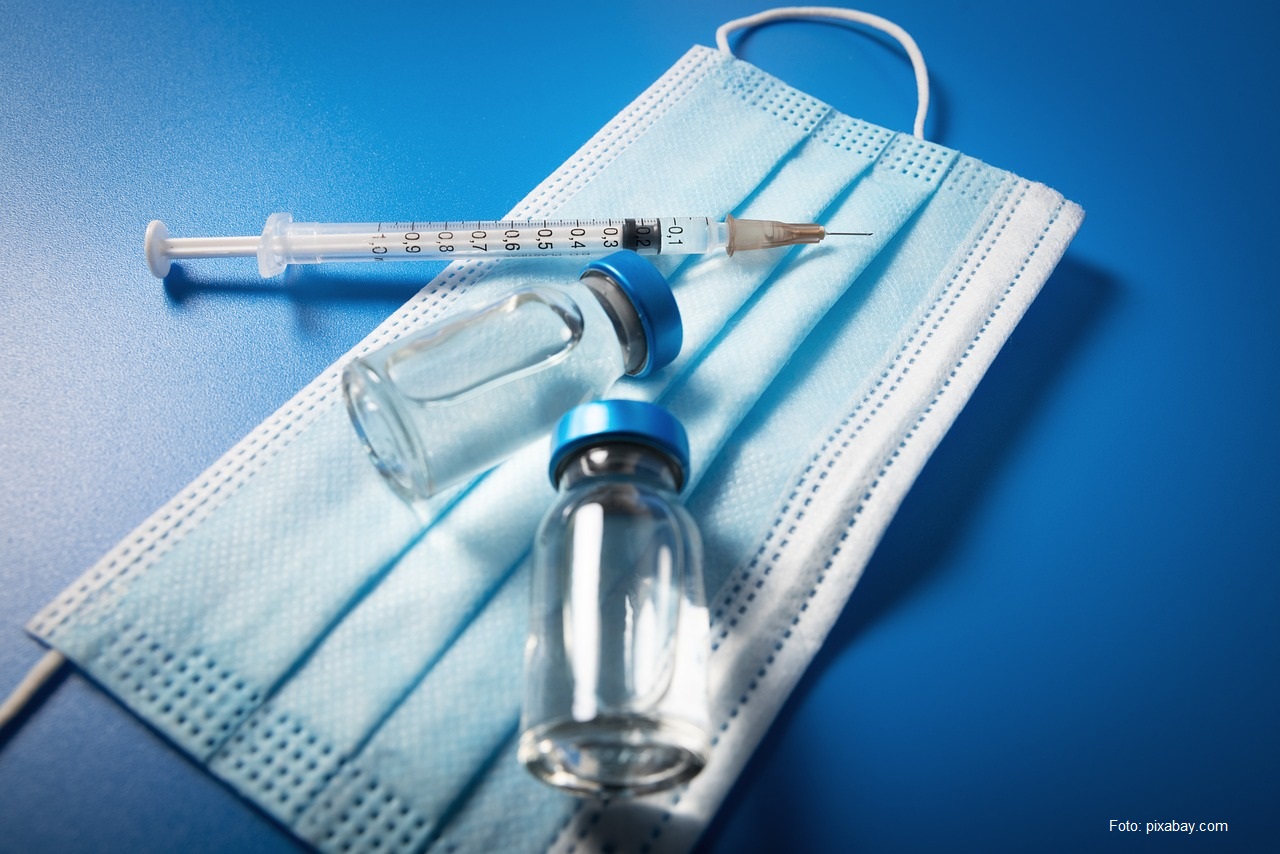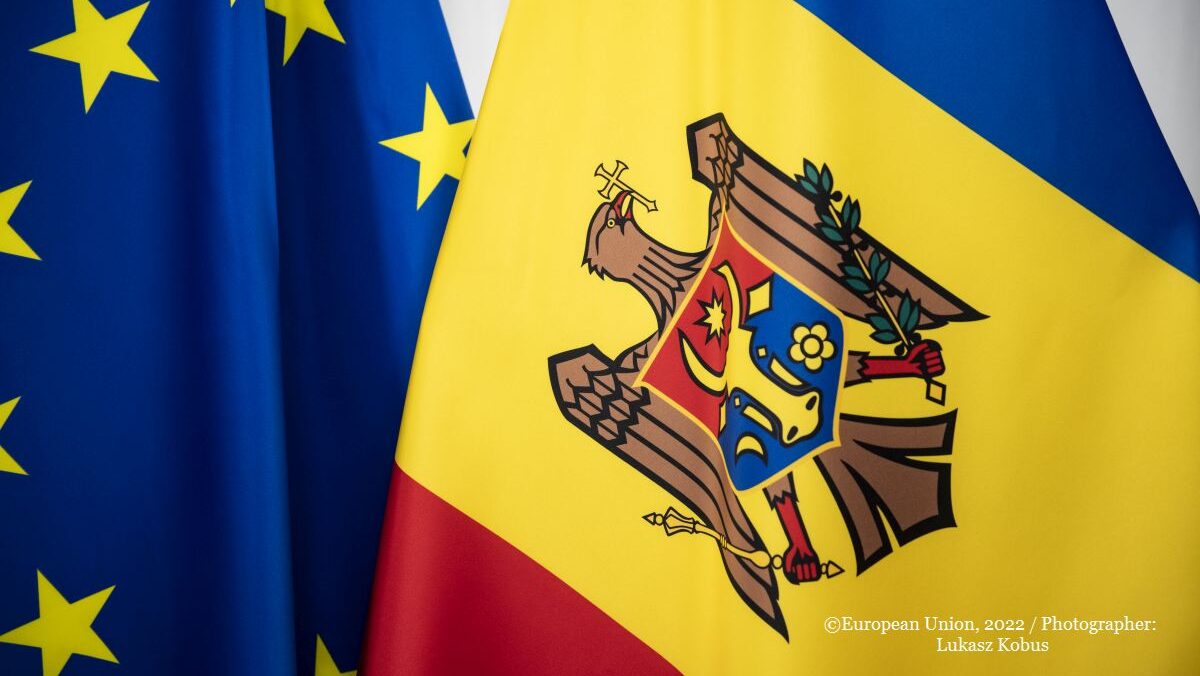Russia and the hybrid actions against NATO countries
Romania emphasized the importance of measures to consolidate, in an unitary and coherent manner, the deterrence and defense posture on NATO's Eastern Flank, which are increasingly important in the context of the ever growing challenges to the allied states.

Corina Cristea, 03.06.2024, 14:00
Having attended the NATO foreign ministers’ meeting in Prague, last week, the head of the Romanian diplomacy, Luminița Odobescu, highlighted the consequences of the war started by Russia in Ukraine on the European and Euro-Atlantic security and emphasized the need for a firm response by NATO, with an emphasis on unitary and coherent consolidation of the deterrence and defense posture on the Eastern Flank. A position that is all the more important in the context of intensified challenges to the allied states.
“We have seen the recent attempts to rewrite the borders, in the case of Estonia, Lithuania, Finland, we have seen the massive cyberattacks, in our case the recent espionage action. In fact, Russia has stepped up its hybrid actions against the members of the Alliance and it is very important that we continue to coordinate, expressing solidarity with our affected allies, but more coordination is needed in terms of reaction to these hybrid attacks. Hybrid attacks that target not only allies, but also vulnerable partners, as is the case of the Republic of Moldova”, the minister pointed out. Luminița Odobescu reiterated that support for Chisinau at both bilateral and European level is a priority on Bucharest’s foreign policy agenda.
“The authorities in Chisinau are successfully dealing with these attacks, but obviously, including in the perspective of the presidential elections, in the perspective of the referendum for European integration that will take place this fall, it is important to strengthen this support in response to these hybrid attacks, but also extend the economic and energy support”, Luminiţa Odobescu said. At the meeting in Prague, the Romanian foreign minister pleaded for the continuation of substantial support for Ukraine. Luminiţa Odobescu: “A priority topic was this support for Ukraine, and in Prague the proposals of the NATO Secretary General regarding the planning of a more robust and predictable support framework for Ukraine were discussed. In essence, it is about NATO assuming a greater role in coordinating security assistance and the training process, and also adopting a multi-year financial commitment that would ensure the predictability of the support that Ukraine needs and which the allies pledged to secure it.”
The military aid offered to Ukraine by the allied states should reach at least 40 billion euros per year, as long necessary in the war with Russia, NATO Secretary General Jens Stoltenberg said at the end of the meeting in Prague. On the other hand, he believes that Ukraine’s use of weapons received as military aid from Western partners to attack targets in Russia does not mean an escalation of the conflict. It is only about self-defense, Jens Stoltenberg emphasized. (EE)






























